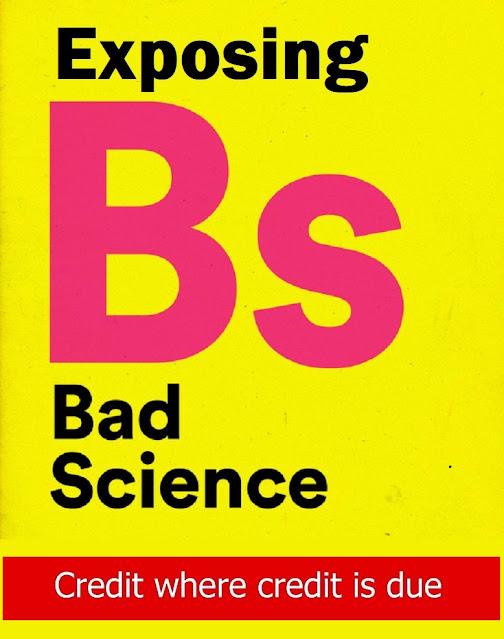I have catalogued in this blog numerous instances of deficient research that has been published by respected medical journals. In some cases, journal editors have published our concerns and authors’ corrections (here).
It is extremely difficult to get critical letters published. Editors don’t accept letters that simply complain about debatable issues. Critics must raise concerns that are irrefutable and likely to affect the study’s results and/or conclusions. Journal editors are ultimately responsible for failing to detect erroneous research, as they choose the articles and the peer reviewers. When objecting to an article, the critic carries the burden of proof, often in the face of staunch, even coordinated opposition by all the other parties.
In this and subsequent posts I will describe cases in which editors accepted our criticism as legitimate, but defied medical publishing ethics by failing to publicly acknowledge our concerns, pretending that the errors were discovered by the authors.
________________________________________________________
Case 1. Mortality Study Among American Smokeless Tobacco Users by staff at the National Cancer Institute.
On May 17, 2019, Maki Inoue-Choi and colleagues at the National Cancer Institute and the University of Minnesota published a study, “Contemporary Associations of Exclusive Cigarette, Cigar, Pipe, and Smokeless Tobacco Use With Overall and Cause-Specific Mortality in the United States,” in the Journal of the National Cancer Institute Cancer Spectrum (here). It asserted that smokeless tobacco (ST) use was associated with increases in “overall mortality (HR = 1.41, 95% CI = 1.20 to 1.66)” and “higher risk of mortality from heart disease and smoking-related cancer, with strong associations observed for cancers of the oral cavity and bladder.”
Working with the same data, my colleague Nantaporn Plurphanswat and I found that some of the Inoue-Choi results made no sense, with numbers in their tables not adding up, and tobacco use definitions being unclear. Dr. Plurphanswat emailed Inoue-Choi with our concerns on July 31 (here). A month passed with no response, so I emailed the senior author of the study on August 28 (here), and again received no response.
Finally, on December 3, I emailed the editor of JNCI Cancer Spectrum with a summary of our five-month fruitless effort to contact the authors (here). She responded the same day: “We may suggest you put this together as a letter to the editor that we will ask the authors to respond to.”
A week later, on December 10, an editorial assistant at the journal wrote: “Thank you for bringing this concern to our attention. We are proceeding with a correction to this article. We suggest no other action be taken until we publish the corrigendum.”
In February 2020, the journal published Inoue-Choi’s correction (here), which gives the false impression that they discovered their error. Dr. Plurphanswat and I were not acknowledged for our weeks of work identifying those mistakes and raising our concerns with the authors. More importantly, our other questions about the article went unanswered. Furthermore, the correction itself was bizarre, as it listed the changes line by line in text that ran two pages longer than the original article. A retraction and republication would have been more appropriate.
When editors allow authors to make mistakes and corrections this egregious, the scientific value of the finished product is seriously compromised.
Authors and editors may try to evade a full accounting of the errors. Further evidence of ethical lapses in publishing will be provided in Case 2 next week,












No comments:
Post a Comment